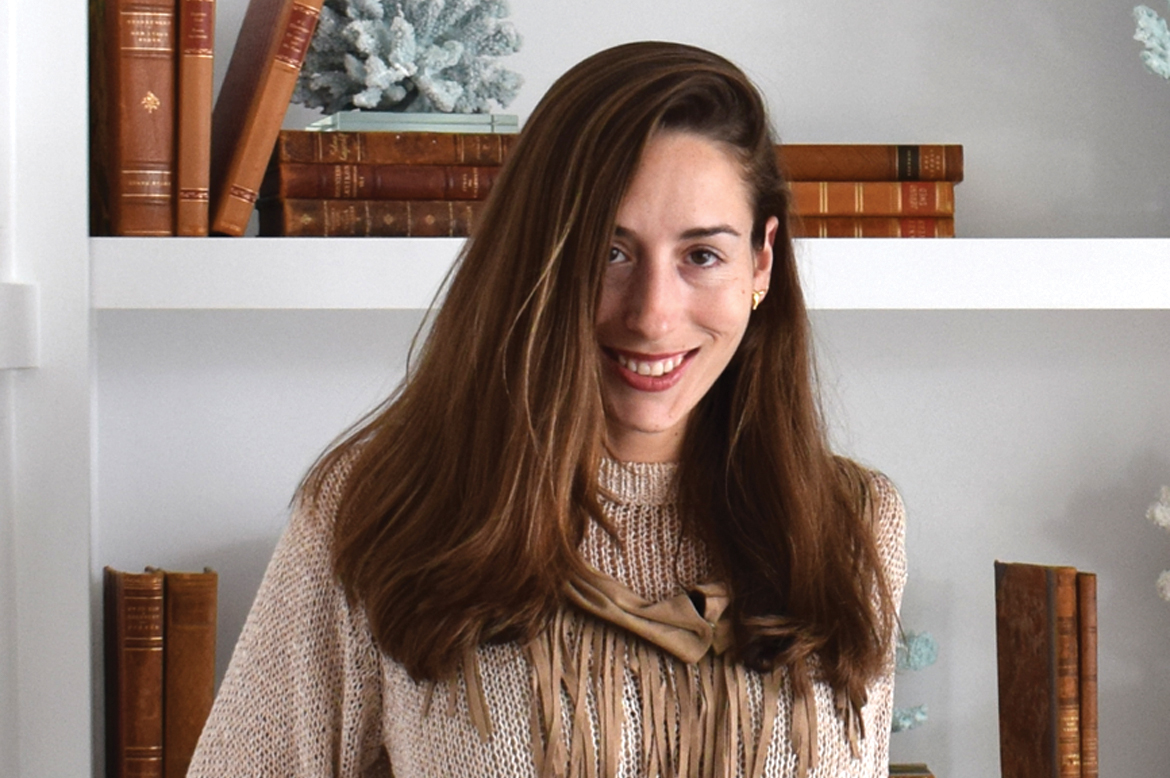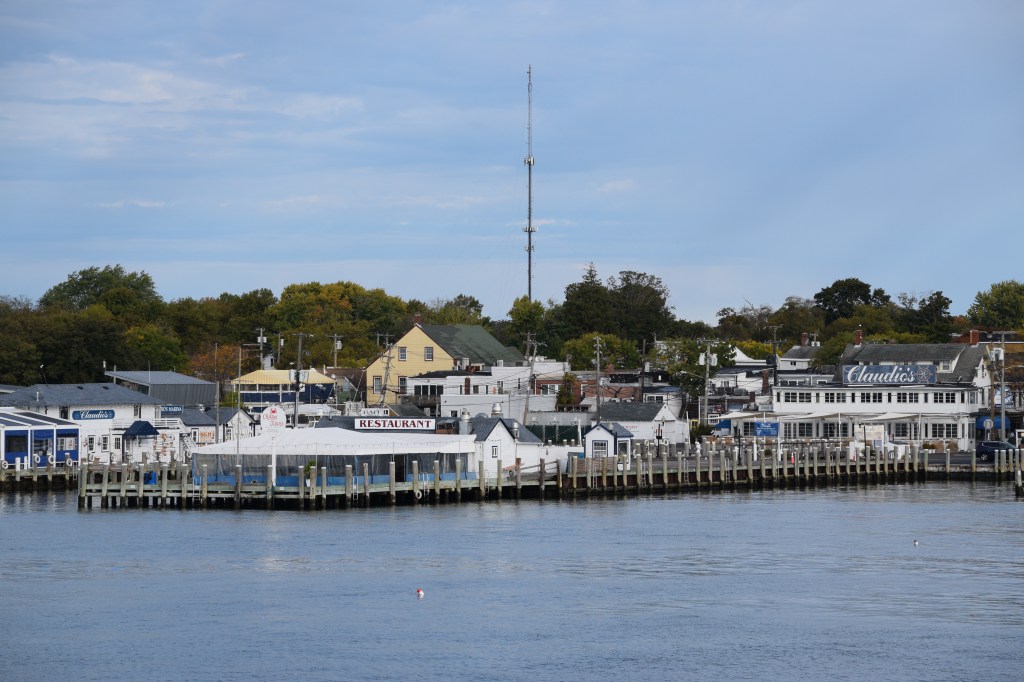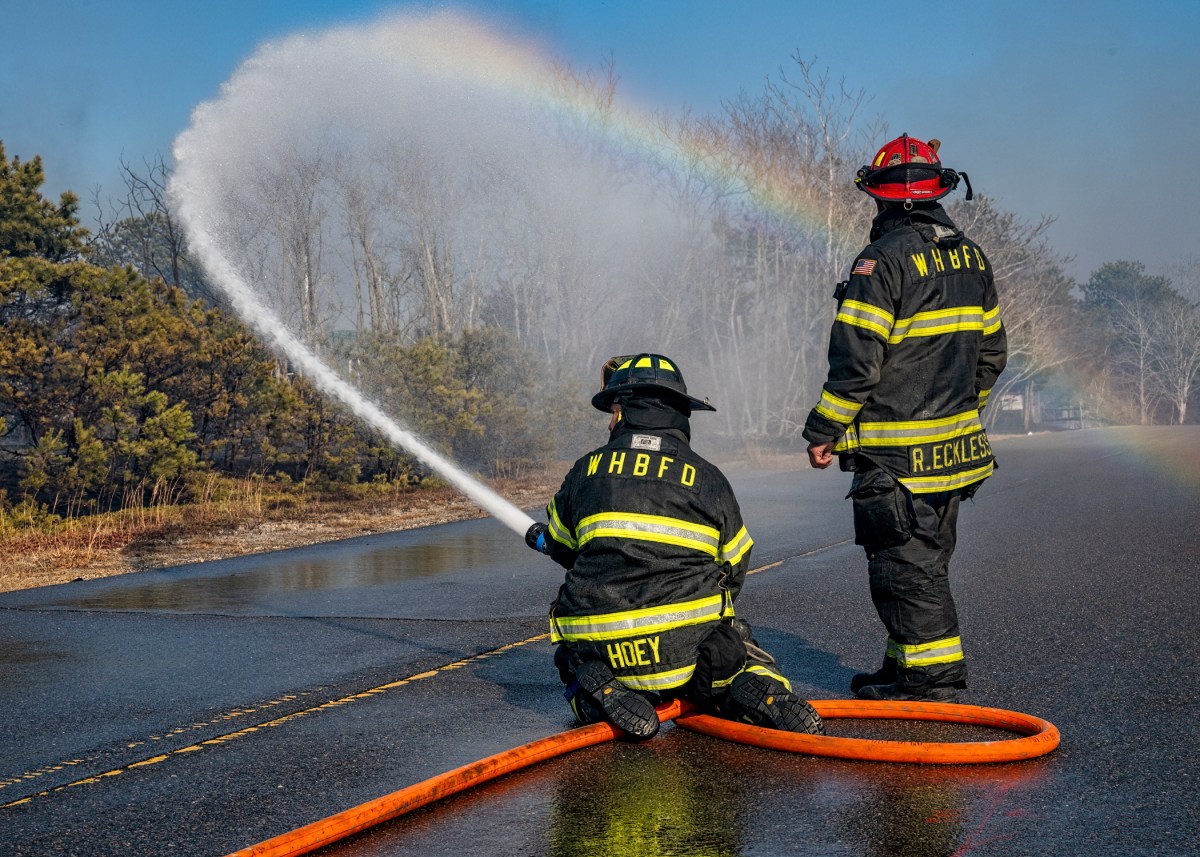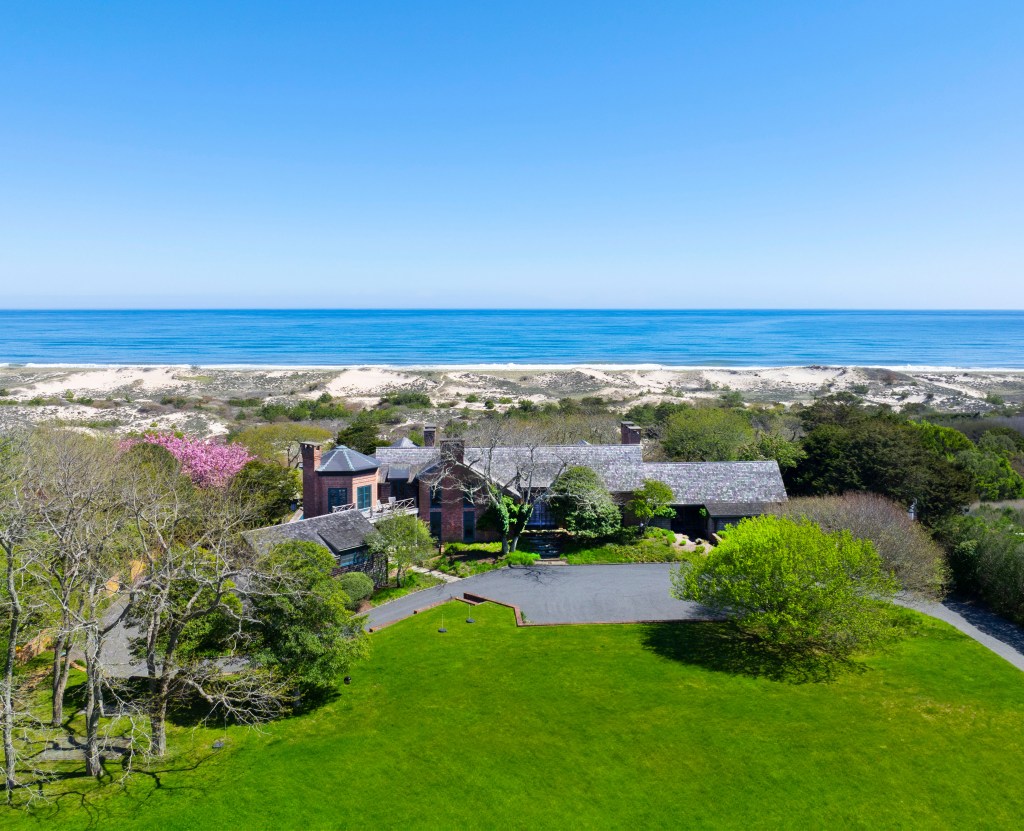The Power Of Connection

No one is immune to the effects of a global pandemic. It afflicts us all. For the first time in a century, people worldwide are simultaneously experiencing the same confinement and the same sense of loss. But for 25 minutes on Easter Sunday, 22 million viewers united, confined in their homes, and the world felt a little less lonely.
Italian opera singer Andrea Bocelli took center stage at the Duomo Cathedral in Milan for a live-streamed concert titled “Music For Hope.” On any other occasion, the cathedral would have been filled with more than 40,000 people. Amid a countrywide lockdown, Bocelli sang to empty pews in order to deliver one very powerful message.
“On the day in which we celebrate the trust in a life that triumphs . . . I believe in the strength of praying together. I believe in the Christian Easter, a universal symbol of rebirth that everyone — whether they are believers or not — truly needs right now. Thanks to music . . . we will hug this wounded Earth’s pulsing heart, this wonderful international forge. It will be a joy to witness it . . . which evokes the mystery of birth and rebirth,” stated Bocelli on his YouTube channel.
The famed blind performer’s music resonated beautifully — four Italian hymns followed by his breathtaking version of “Amazing Grace.” Without even knowing the lyrics or speaking Italian, the visuals and concept of what he did proved cross-cultural: abandoned streets across major cities throughout the world, a sign of the undeniable reality we all live in, paired with lyrics about togetherness. Through song, Bocelli created the power of connection.
Oxford defines the word “humanity” as the human race or human beings collectively. So, a world of isolation, where social distancing is a means for survival (both our own and our society’s), goes against human nature. We are beings meant to succeed in the presence of others, meant to communicate, to move, and to gather. What’s happening in the world right now is anything but natural.
American sociologist and director of the Institute for Public Knowledge at New York University Eric Klinenberg studies social connection. In a New York Times op-ed piece, dated March 14, 2020, he notes “social solidarity . . . the interdependence between individuals and across groups,” as a motivation for “public health, not just our own personal security.” Klinenberg goes on to describe that a common mindset, and goal, of the collective ensures the safety of individuals. This ties into the very meaning behind “Music For Hope,” that in unification of a common goal, a common mindset, the world can heal.
As we continue to stay home and stop the spread, loneliness is bound to come knocking on our doors. In partnership with Governor Andrew Cuomo, Headspace (www.headspace.com) is offering a free collection of meditation, sleep, and movement exercises to help with mental health during this stressful time.
And remember it is okay to feel alone, as long as it comes with the understanding that we’re all alone together.
nicole@indyeastend.com



